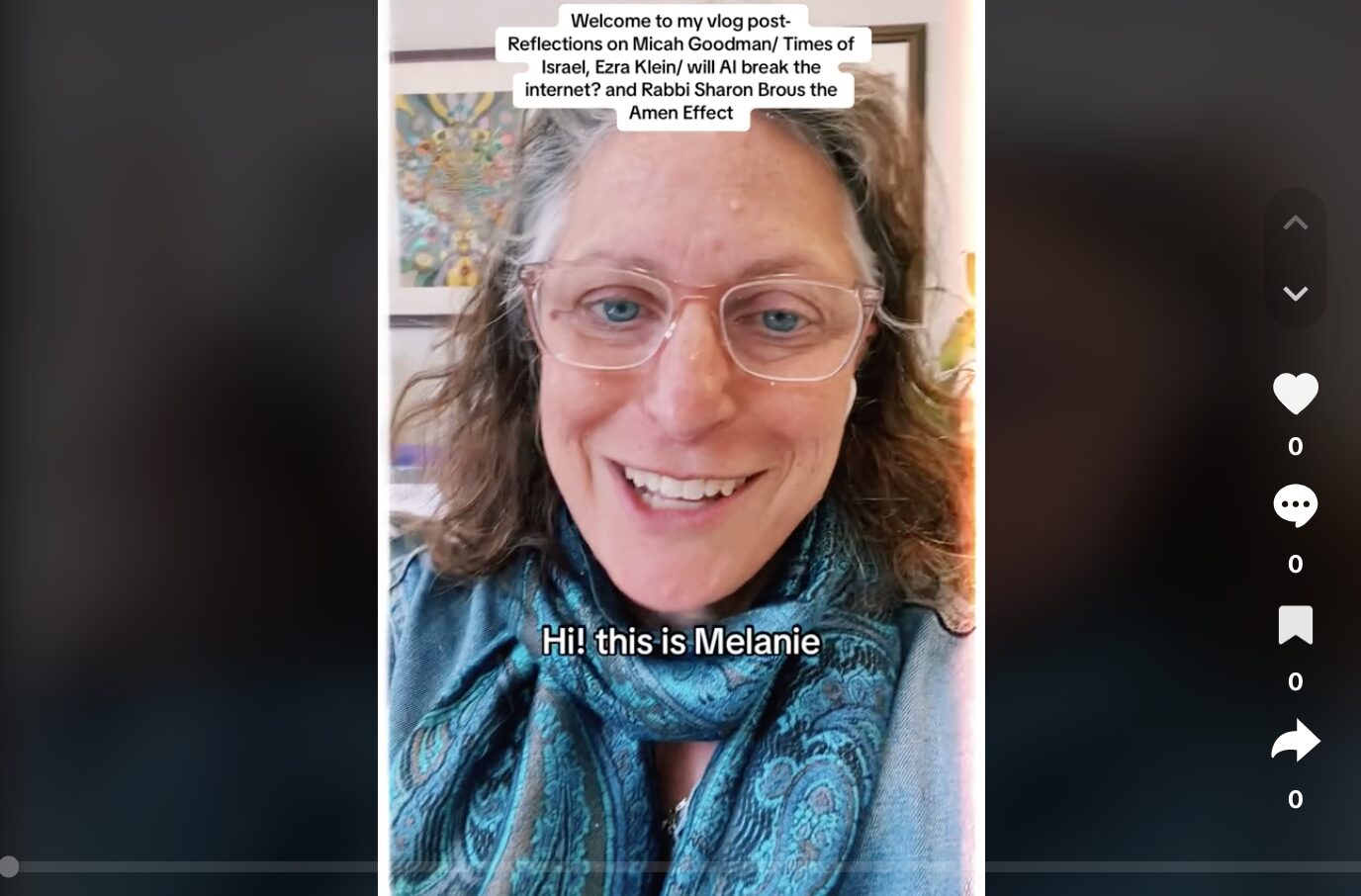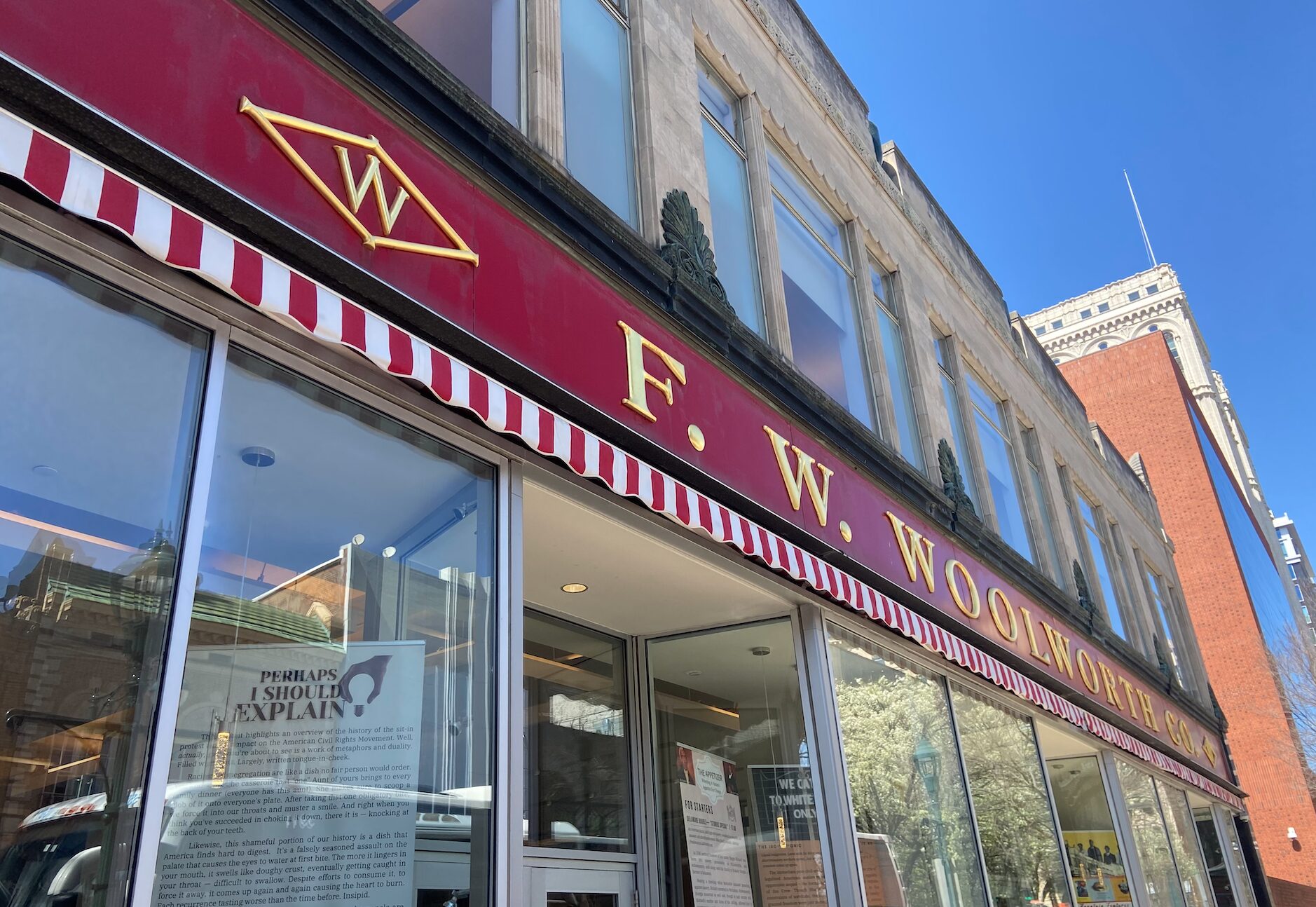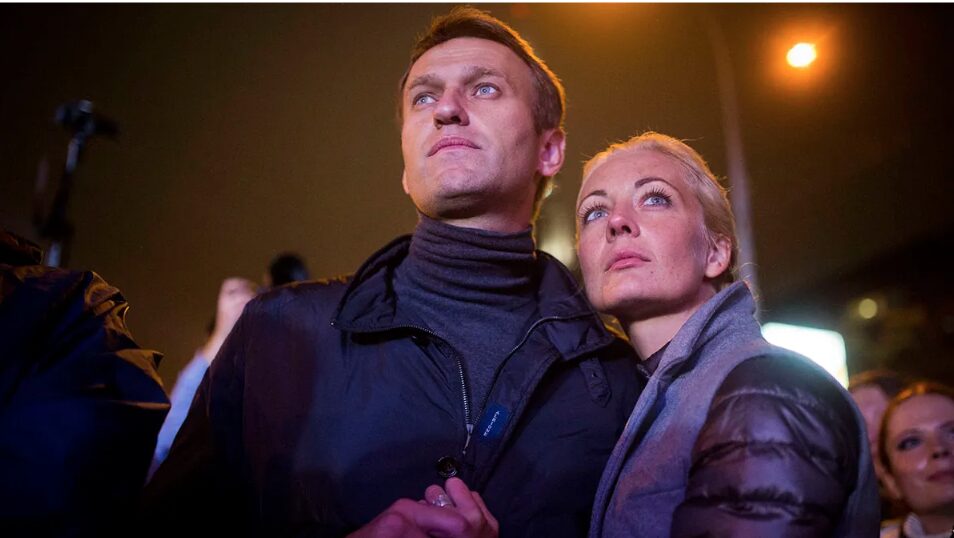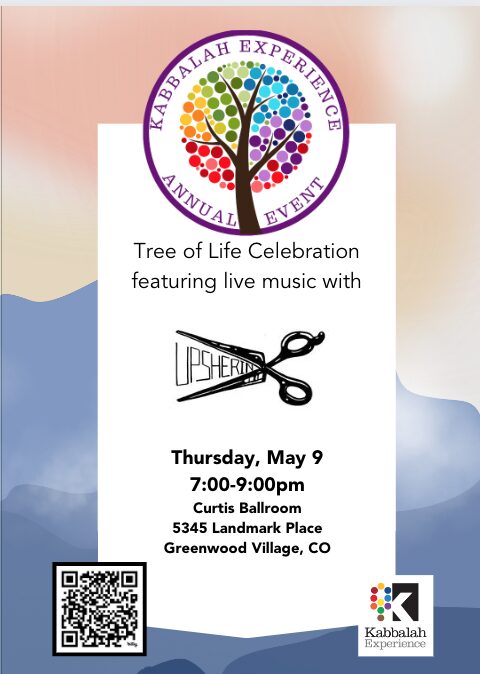“I felt a connection to these people. In an odd way blood calls—their suffering from so long ago called out to me and I felt a needed to do something for them—I just didn’t know what to do.”
As Jay Sanchez reports, a lawyer admitted to the bar of New York State, his interest in his family’s genealogy led him to consider a bold lawsuit on behalf of New Christian (Converso) victims of the Spanish and Portuguese inquisitions.
“About 8 years ago, after 40 years of living in blissful ignorance, I discovered, through the oddest of circumstances, that I am descended, on my mother’s side, from Spanish/Portuguese Jews. My mother’s maiden name is Dorta, which is a very uncommon surname. The majority of Dortas live in Tenerife, the Canary Islands where my mother’s grandfather was from and unless you move to the Canary Islands, it is unlikely that you will ever meet another Dorta in your life.”
Jay Sanchez though has now begun to meet many Dortas, most of them dead, including Catarina Dorta who was burned at the stake for practicing Judaism by the Portuguese Inquisition in 1569, and her brother, Garcia Dorta, a chief maritime physician for Portugal, whose body was exhumed, to be posthumously burned in 1580 for the alleged similar religious crime.
Mr. Sanchez admits that a lawsuit reaching as far back as 600 years will be challenging but Holocaust litigation set a precedent that under international law victims can overcome statute of limitations and sue for the recovery of wealth if it can be shown that the offending party’s “unjust enrichment” still has the wealth they procured illegally. Fortunately for Mr. Sanchez, the Inquisition kept detailed records (as the Nazi’s did many centuries later). It will therefore be relatively easy to trace confiscated property and valuables back to those New Christian Jews murdered by the Inquisitions of Portugal and Spain (including victims who were burned at the stake in the New World of Latin and South America and the Caribbean).
In a separate, but related story, Georgetown University alumnus, Richard Cellini, a CEO of a tech company in Boston heard the “blood call” of another group of victims, these being 272 slaves sold by the Jesuit Priests who founded the country’s top Catholic University to pay off their rising debt. Mr. Cellini, along with some Georgetown faculty and students, are calling on the University to make amends to the families of the men, women and children sold as slaves in 1838. “This is not a disembodied group of people, who are nameless and faceless,” mused Mr. Cellini. Fortunately, the Jesuits also kept detailed records. And like Mr. Sanchez who has his ancestor Catarina Dorta as a focal person, Mr. Cellini has Cornelius Hawkins, who was about 13 years old when he was forced onboard a ship transferring him and the other slaves from their plantations in Maryland to Louisiana. Georgetown faculty who spoke out at against the sale of these slaves—not on humanitarian but on religious ground–were afraid that the slaves would not be given free access to Catholic mass. “It would be better to suffer financial disaster than suffer the loss of our souls with the sale of the slaves,” wrote the Rev. Jan Roothaan, who headed the Jesuits’ international organization from Rome and was initially reluctant to authorize the sale.
The sale, at the urging of the Jesuit President of Georgetown University went through and Cornelius Hawkins, separated from family members, boarded the Katharine Jackson, one of the ships that transported the slaves to the port of New Orleans. Cornelius may have died in obscurity but researchers have traced him and his descendants who are alive and well in the United States. Cornelius appeared in the U.S. census for the first time when he was 48, he was father, a husband, a farm laborer and a free man.
Research into Corenellius Hawking progeny led to among others, Maxine Crump, a retired television news anchor, who grew up a few miles away from the plantation where her great-great-grandfather was enslaved. Her connection to a former slave was news to her except for the name Cornelius — or Neely, as Cornelius was known. The name had been passed down from generation to generation in her family. Her great-uncle had the name, as did one of her cousins. Now, for the first time, Ms. Crump as was the case for Mr. Sanchez’s Dortas family name, understood the origins of the name.
Mr. Cellini, faculty and students at Georgetown and now, identified descendants of the slaves sold by the University, are wondering what Georgetown can do as reparation and redemption for their acts of inhumanity that unjustly enriched the Jesuit run University. One faculty member asked: “It’s hard to know what could possibly reconcile a history like this, what can you do to make amends?” Maxine Crump has an idea; scholarships to attend the University for descendants of the slaves.
On this day before the start of the holiday of Passover I ask you to reflect on our relationship to the past, particularly a past that has unhealed wounds and the usurping of both life, liberty and property. Are there statutes of limitations? Not the legal ones that Mr. Sanchez and others may pitch against, but the emotional and spiritual ones. When is it time to leave behind the past and move forward to the present and what is our collective responsibility to right the wrongs perpetrated by those no longer alive though their actions may still reverberate in palaces, museums, private homes or on campuses across the world?
What do you think?
david
P.S. This reflection can also be quite personal as we look at what “enslaves” us from our past, including the wounds yet unhealed. What are the statute of limitations on those?










0 Comments